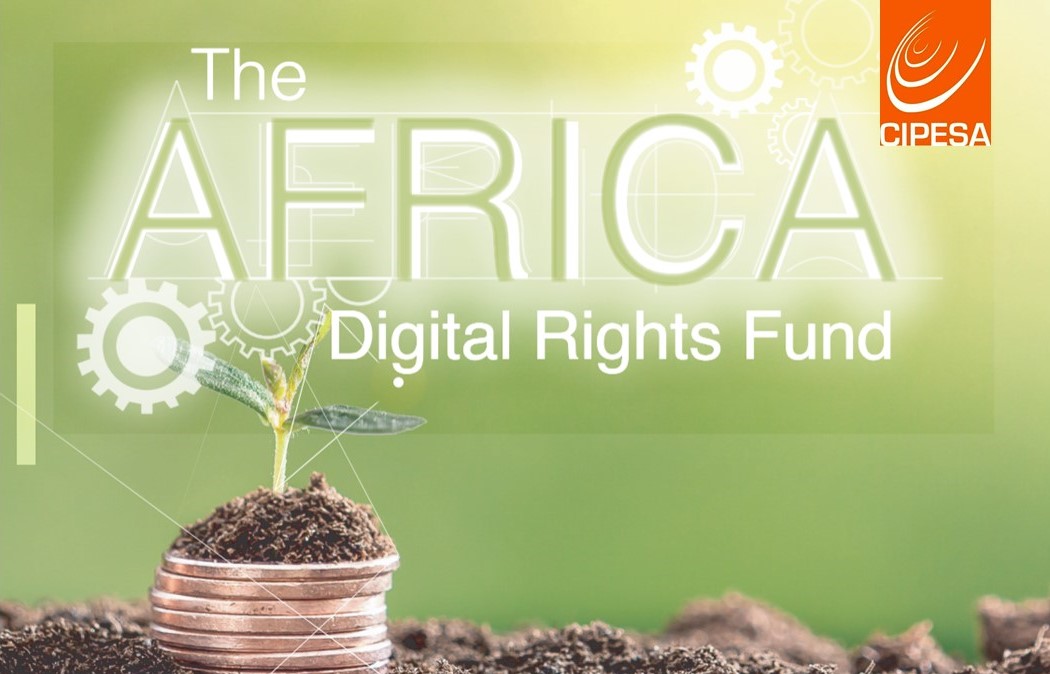By Loyce Kyogabirwe |
Increased digitalisation and adoption of technology in Africa has fuelled the continent’s economy, with commerce and transactions increasingly being conducted online. Innovation and use of web and mobile applications have also encouraged the growth of micro, small and medium-sized enterprises, which has advanced financial inclusion and employment, and made the technology sector a key contributor to African countries’ Gross Domestic Product (GDP). For instance, platforms such as Jumia which is operational in 11 African countries have transformed the retail, travel and food markets. Other notable online platforms include Appruve and Esoko (Ghana), mFarm (Kenya) and Novus Agro (Nigeria).
African governments have prioritised the integration of technology into more sectors to drive social and economic transformation. However, the rapid adoption of technology tools and platforms has also been met with growing concerns about the impact on digital rights, including data protection and privacy, the digital divide, freedom of expression and surveillance. Other worrying trends include network disruptions, digital taxation, data localisation requirements, and encryption regulations. There is a growing consensus among digital rights advocates that the adoption of technology tools and policies impacting the digital space should not only advance economic inclusion, but also be carefully assessed and implemented in a way that respects human rights in the digital age.
| According to a GSMA report, in 2020, “mobile technologies and services generated more than USD 130 billion of economic value” while USD 155 billion is projected to be generated by 2025. The report further says that “495 million people subscribed to mobile services in Sub-Saharan Africa” by the end of 2020, representing 46% of the region’s population, and this is expected to increase to around 615 million subscribers by 2025, reaching the mark of 50% of Africa’s population. |
In an effort to advance digital rights across Africa’s growing digital economy, the Collaboration on International ICT Policy for East and Southern Africa (CIPESA) through the Africa Digital Rights Fund (ADRF) has worked to support advocacy initiatives, skills development, and movement building to effectively influence policy and practice on digital rights and the digital economy. Efforts by the ADRF grantees have engaged with state and non-state actors, providing replicable insights into how governments and the private sector in the region can safeguard digital rights while advancing the digital economy.
In Ghana, the Financial Inclusion Forum Africa developed a Data Protection and Privacy Policy to serve as an internal guide on how digital financial service providers in the country should collect, store, and process individuals’ data. The policy outlines principles on the management of personal data in compliance with Ghana’s Data Protection Act 2012 and the International Organization for Standardization and International Electrotechnical Commission Standards for Information Security Management – ISO 27001:2013. The policy benefited from reviews and input from leading digital financial service providers such as Appruve, Jumo, Vodaphone Cash, and G Money, alongside industry experts and regulators such as the eCrime Bureau, RegTheory, and CUTS (Consumer Unit and Trust Society) Ghana. This provided insights into the policy’s viability and applicability by tapping on real-life experiences of these service providers.
Similarly, the Centre for International Trade, Economics and Environment (CUTS) and Mzalendo Trust have worked to advance consumer protection, security and inclusion, and public awareness within the digital economy in Kenya. The two Kenya-based grantees engaged with stakeholders such as the Capital Markets Authority, Kenya ICT Action Network (KICTANet), Association of Freelance Journalists, Open Institute, The Centre for Intellectual Property and Information Technology Law (CIPIT) at Strathmore University, Article 19, County Assemblies Forum, Internews, and the Election Observation Group (ELOG).
In Mozambique, efforts by the Mozambican Disabled Persons’ Organisation Forum (FAMOD) under ADRF focused on accessibility and compliance assessments of online services, including for employment, telecommunications, and revenue collection. These assessments helped identify key areas where advocacy campaigns for digital inclusion of persons with disabilities would be most impactful. Meanwhile, in an effort to promote women’s safety and participation online in Namibia, the local chapter of the Internet Society (ISOC) conducted policy engagements on the protection of women and girls as part of the Data Protection Bill.
In Somalia, the work of Digital Shelter made significant breakthroughs in stakeholder dialogue and engagement on aspects of digitalisation that previously have not been prioritised or discussed regularly. Engagements, including in partnership with the Institute of Innovation, Technology & Entrepreneurship (IITE), the ICT and e-Governance Department in Ministry Communications and Technology, the private sector and activists, have focused on youth skilling, digital empowerment, data protection and privacy, and an open and inclusive internet.
Finally, ADRF grantee, Alt Advisory, recently published research on a rights-based assessment of Artificial Intelligence (AI) applications in South Africa. The research involved inputs from 14 leading companies in the country’s financial services, retail and e-commerce sectors and two government bodies – the Home Affairs Department and the Department of Health. The findings of the study indicated human rights gaps in AI profiling and the need to bolster compliance with rights guarantees under relevant laws and policies and enforcement by the country’s data protection watchdog, the Information Regulator, and other regulatory bodies.
The ADRF grantees’ interventions in Ghana, Kenya, Mozambique, Somalia, and South Africa highlight the value of evidence-based advocacy that informs multi-stakeholder deliberations on the digital economy and digital rights. Together with the work of the broader ADRF cohort, it presents key lessons on digitalisation in Africa and the need for operationalisation of supporting frameworks such as for cyber security, data protection and privacy; increased participation of minority and marginalised groups in the design of initiatives; multi-stakeholder collaboration; harmonisation of national and local government plans; and digital literacy skills building. To learn more about the ADRF programme, please visit https://cipesa.org/the-africa-digital-rights-fund-english/.

